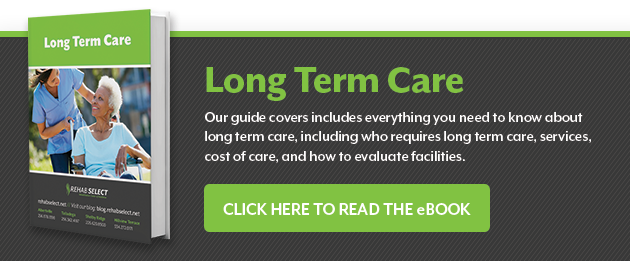 Dementia is a brain disorder that results in the gradual loss of cognitive functioning, including thinking, memory and reasoning skills, that interferes with a persons daily life and activities.
Dementia is a brain disorder that results in the gradual loss of cognitive functioning, including thinking, memory and reasoning skills, that interferes with a persons daily life and activities.
While dementia is most common among older people, it is not a normal part of aging. Signs and symptoms of dementia begin to appear when nerve cells, called neurons, stop working.
We all lose a certain number of neurons with aging, but people with dementia lose many more than the average person. So what are the telltale signs and symptoms of dementia?
Early Signs and Symptoms of Dementia
Memory problems are perhaps the most common early sign of dementia. Virtually everyone has more trouble remembering things as they age. However, these changes are much more drastic in people affected by dementia, and they tend to get steadily worse. Examples of memory problems that go beyond those of normal aging and can be signs and symptoms of dementia include:
-
Forgetting how to do things you have done for years
-
Difficulty learning new things
-
Difficulty making choices or managing money
-
Repeating stories, phrases, or concepts during the same conversation
-
Difficulty keeping track of what you have done or what happens each day
Other early signs of dementia can include:
-
Personality changes
-
Difficulty with planning/organizing
-
Challenges with reasoning, problem solving
-
Anxiety and/or depression
-
Mood swings
-
Impaired judgment
-
Agitation, paranoia or suspiciousness
-
Language/speech/word retrieval difficulties
Signs and Symptoms of More Advanced Dementia
Dementia is progressive, which means it generally gets worse over time. As it progresses, the early signs and symptoms listed above tend to become more severe, interfering more and more with daily life. New symptoms can also develop, including:
-
Poor coordination, motor control
-
Changes in gait, such as shuffling
-
Confusion with time or place
-
Social withdrawal
-
Lack of interest in favorite activities/hobbies
-
Poor hygiene, self care
-
Inappropriate behavior and/or aggression
-
Incontinence
-
Difficulty eating and/or swallowing
-
Hallucinations
It is important to note that while these are some of the more common signs and symptoms of dementia, this disorder is different for each person affected by it. Symptoms also vary to some extent according to the specific type of dementia a person has and its underlying causes.
Finally, if you or a loved one has developed any of the signs and symptoms listed here or any others that you are concerned about, getting a medical exam as soon as possible is essential. Dementia symptoms can be caused by certain medical conditions that may be improved with treatment. Other forms of dementia might not be improved via treatment, but proper care and treatment may be able to slow its progression. For these reasons, early diagnosis and treatment is important to help ensure the best possible outcomes and quality of life for people with dementia.
For more information about caring for aging parents, view more articles here or contact Rehab Select today.





